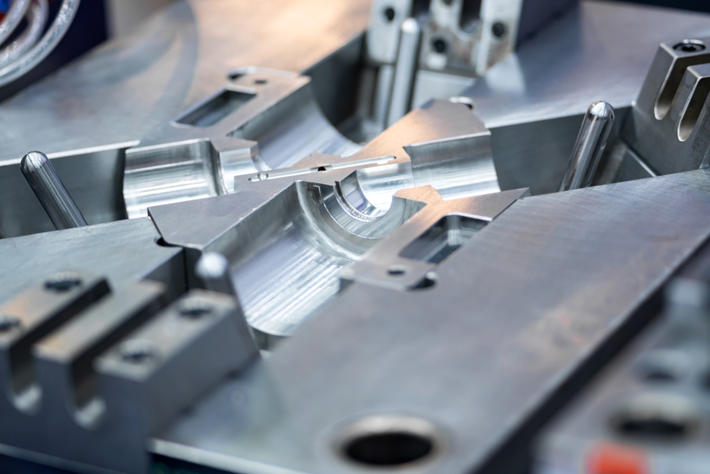Introduction:
Aluminum casting molds play a crucial role in the manufacturing industry, as they are used to create a wide range of products with varying shapes and sizes. The quality of these molds directly impacts the quality of the final product, making it imperative to achieve precision and durability in their creation. This guide aims to provide a comprehensive understanding of the key factors and techniques involved in creating high-quality aluminum casting molds.
1. Material Selection:
Choosing the right material for the mold is the first step towards achieving precision and durability. Aluminum is a popular choice due to its high strength, light weight, and excellent thermal conductivity. The use of high-grade aluminum alloys, such as A356 and 356, ensures the mold’s ability to withstand high temperatures and resist wear and corrosion.
2. Mold Design:
Proper mold design is essential for achieving precision in aluminum casting. Factors such as the part’s geometry, size, and complexity should be considered during the design phase. The mold design should facilitate efficient filling, solidification, and ejection of the casted part. The use of computer-aided design (CAD) software can aid in creating accurate and detailed mold designs.
3. Mold Manufacturing:
Precision in mold manufacturing is crucial to ensure the final product’s dimensional accuracy. Computer numerical control (CNC) machining, wire EDM, and other advanced machining techniques can be employed to achieve high precision. Using multi-axis machining centers and high-quality cutting tools can enhance the surface finish and overall quality of the mold.
4. Surface Treatment:
Surface treatment techniques, such as polishing and coating, are employed to improve the surface finish and durability of aluminum casting molds. Polishing removes any imperfections on the mold’s surface and enhances its appearance. Coating the mold with materials like titanium nitride (TiN) or diamond-like carbon (DLC) can significantly increase its hardness and wear resistance.
5. Heat Treatment:
Heat treatment processes, such as solution annealing and aging, are used to improve the mechanical properties of aluminum casting molds. Solution annealing eliminates internal stresses and improves the mold’s stability, while aging enhances its strength and hardness. Proper heat treatment processes should be selected based on the specific aluminum alloy used in the mold.
6. Mold Maintenance:
Regular maintenance is essential to ensure the longevity and performance of aluminum casting molds. Cleaning the mold after each casting process helps remove any residue or build-up that can affect the mold’s functionality. Additionally, conducting periodic inspections and repairs can prevent potential issues and extend the mold’s lifespan.
7. Quality Control:
Implementing effective quality control measures throughout the mold manufacturing process is crucial to achieving precision and durability. Inspection techniques, such as coordinate measuring machines (CMM) and non-destructive testing (NDT), can be employed to ensure the mold’s dimensional accuracy and identify any defects or flaws.
Conclusion:
requires attention to detail, precision, and the utilization of advanced techniques and materials. By carefully selecting the right materials, designing optimal molds, employing advanced manufacturing techniques, and implementing proper surface treatment, heat treatment, and maintenance processes, manufacturers can achieve molds that offer exceptional precision and durability. Additionally, incorporating rigorous quality control measures ensures the consistent production of high-quality molds, ultimately leading to superior final products in the manufacturing industry.

 0086-750-5616188
0086-750-5616188 +86 13392089688
+86 13392089688 sales@zhongmei-tech.com
sales@zhongmei-tech.com














